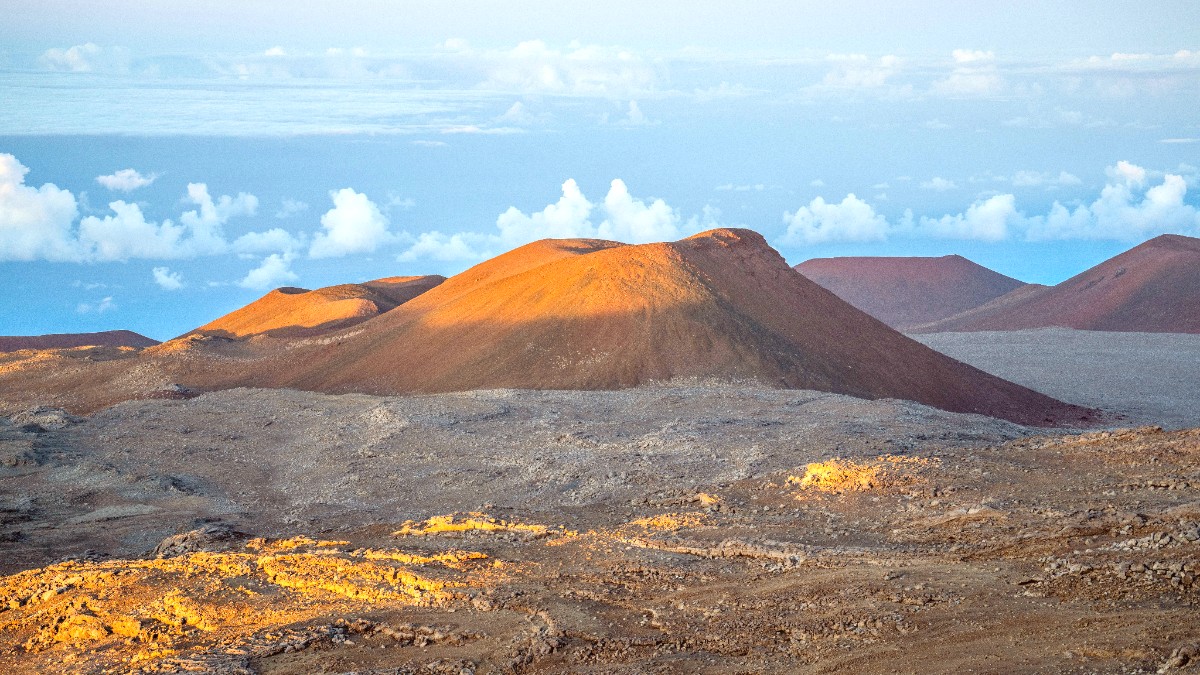
Hawaii, USA
Protected areas and conservation initiatives are present. The Mauna Kea Science Reserve strives to protect the fragile summit environment. Hawaii Volcanoes National Park is an UNESCO World Heritage Site.
Reduce waste by using reusable water bottles and shopping bags. Hawaii has strict plastic bag bans. When visiting remote areas like Mauna Kea, pack out everything you pack in.
Water conservation is important on islands. Be mindful of your water usage by taking shorter showers and turning off taps when not in use. Small actions sum up to a greater impact.
Choosing environmentally conscious places to stay supports the planet.
Selecting tour operators committed to environmental and cultural protection.
Proper waste disposal and reduction are important on the Big Island.
For sustainable outdoor gear, consider Patagonia. For reusable products, check Package Free Shop.
Explore Sustainable GearDirect donations to established charities ensure your contribution makes a lasting impact. The Rainforest Site (GreaterGood) is a conservation organization.
Support ConservationResponsible travel means making choices that benefit the local economy and communities, helping to preserve the unique beauty and cultural heritage of the Big Island.
Cultural sensitivity is highly important when visiting Hawaii, especially at sacred sites like Mauna Kea.
Mauna Kea holds deep spiritual significance for Native Hawaiians.
Interaction guidelines ensure a positive cultural exchange.
Ethical considerations for photography extend to respecting privacy and sacred spaces.
At sacred locations like Mauna Kea, a respectful demeanor is important.
Ensuring your visit has a positive economic impact on local communities.
Prioritize local, family-owned businesses for restaurants, shops, and tours.
Buy authentic "Made in Hawaii" products directly from artisans.
Seek out fair trade and ethical shopping options to support local producers.
Responsible travel means your visit helps the local economy and communities. Your choices directly affect the livelihoods of Hawaiian residents and aid cultural preservation efforts.
Your travel choices have a ripple effect on the local environment and economy. Embrace practices that leave a positive footprint.
Hawaii's unique ecosystems need careful environmental consideration from visitors.
Cultural sensitivity is highly important when visiting Hawaii.
Responsible travel ensures your visit helps the local economy and communities.
If you wish to donate, research reputable local non-profit organizations.
Partner with organizations dedicated to ethical travel and environmental protection.
Ecobnb for eco-friendly accommodation booking.
Terrapass for carbon offset programs.
G Adventures for ethical tour operations.
It is bad luck and illegal to take rocks or sand from beaches or national parks. This applies universally across Hawaii's natural sites.
Responsible travel creates a positive contribution to the unique ecosystems and cultural heritage of Hawaii. Your mindful choices make a difference.